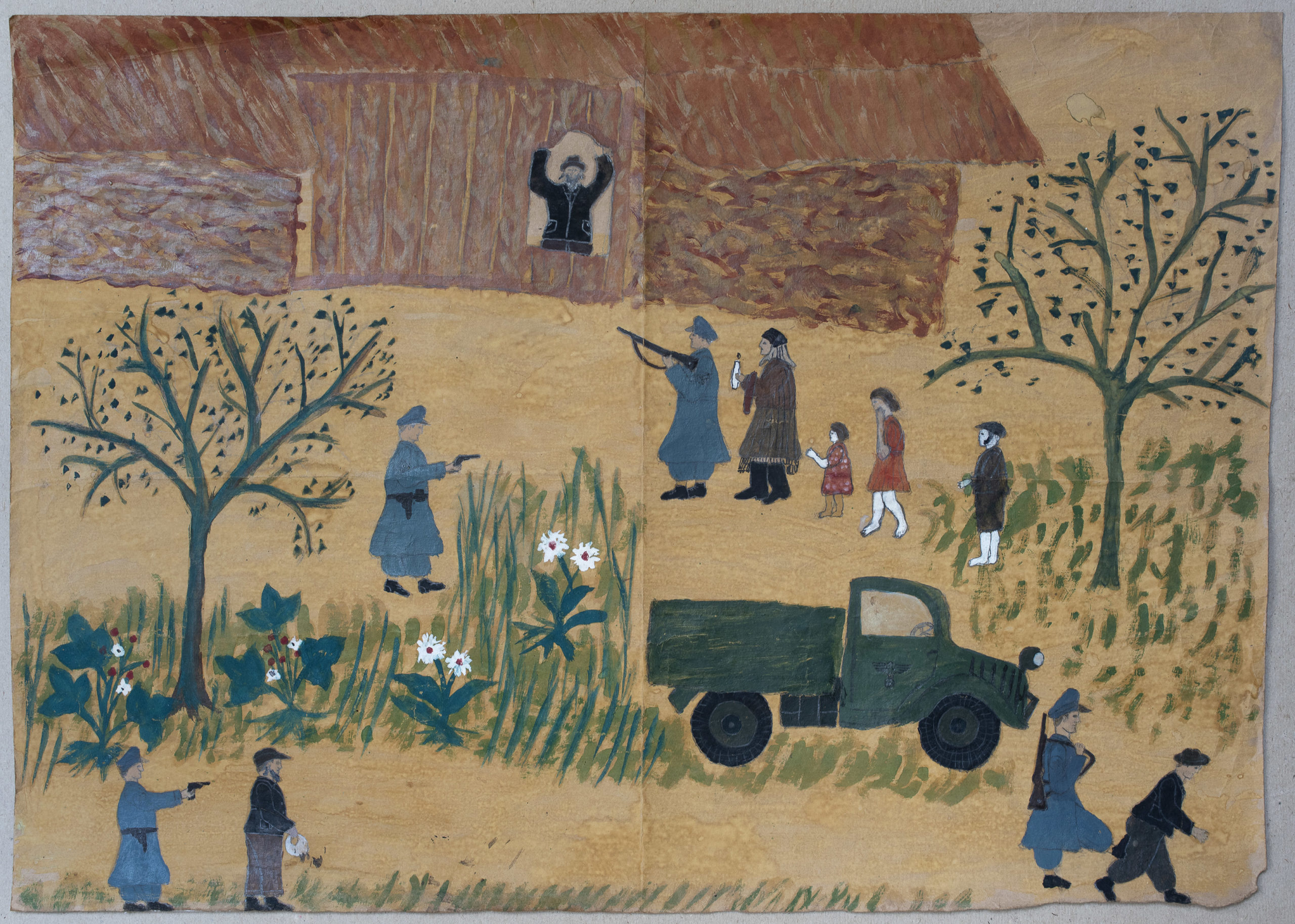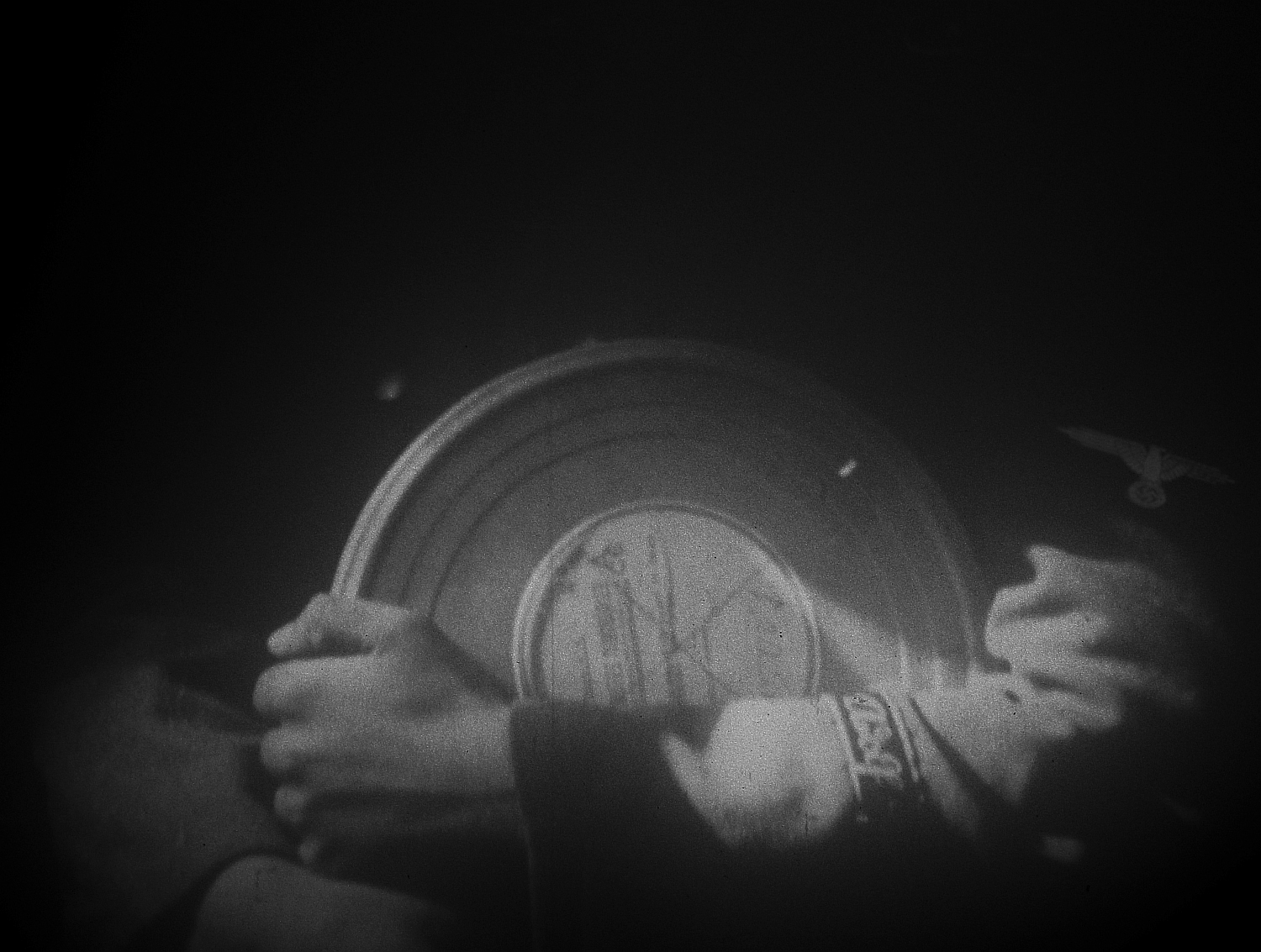
Austria
Austria boasts several initiatives aimed at advancing cultural heritage research and preservation. The Austrian Academy of Sciences (ÖAW), partner of the Federal Ministry of Education, Science and Research of Austria (BMBWF), leads programs like GO!DIGITAL, which enhances data-driven research in humanities, and Heritage Science, focusing on interdisciplinary research in museum objects and archaeological sites. Additionally, ÖAW’s Digital Humanities initiative promotes cross-disciplinary research infrastructure. The Federal Ministry for Art, Culture, Public Service, and Sport (BMKÖS) contributes through programmes like Kulturerbe digital, focusing on digitization efforts. Together, these initiatives reflect Austria’s commitment to advancing cultural heritage research both domestically and within the EU.
Research strategies and priorities
National research strategies and policies relevant to the ongoing programmes and calls in Cultural heritage are defined in the performance agreement between the Austrian Academy of Science (ÖAW) and the Federal Ministry of Education, Science and Research of Austria, as well as through the Federal Ministry for Art, Culture, Public Service, and Sport (BMKÖS).
Programmes and calls for cultural heritage
Within the Austrian Academy of Science (ÖAW), the GO!DIGITAL programme promotes the humanities and aims at improving the framework conditions for data-based and data-driven research in the humanities on a sustainable basis.
Heritage science, a second ÖAW programme presents a rapidly expanding multidisciplinary and interdisciplinary research field that takes particular interest in museum objects and collections, libraries and archives, as well as archaeological sites and monuments. The interdisciplinary combination of natural sciences and humanities is of great importance in this context.
Digital Humanities: long-term projects on cultural heritage programme seeks to develop the ÖAW infrastructure and methods for connecting research in the fields of the Humanities, Cultural Studies and the Social Sciences and making the findings in terms of both content and methodology available to science. The scientific, methodologically sound and field-specific collection, provision and securing of data collections relating to cultural heritage and its research-led presentation and analysis, are among the most important tasks in Humanities, Cultural Studies and the Social Sciences. Modern information technologies offer completely new perspectives for this foundational scientific work.
Within the Federal Ministry for Art, Culture, Public Service and Sport (BMKÖS), the Kulturerbe digital is another example of programme enabling digitization (text, film, art).
Complementary forms of funding
Regarding the Austrian programmes that may be relevant, although not dedicated to cultural heritage, the ÖAW Data:Research:Austria programme sets to promote data-based research (microdata research) in Austria.
EU joint actions: state of the art and future opportunities
The baseline of strategic priorities, identified by ARCHE researchers, does not address Austria’s national priorities, as priorities are mostly set according to Austrian needs.
Still, the added value of the EU 2021-2024 Work Programmes for cultural heritage research can enable cross-country cooperation, which is particularly important for Social Sciences and Humanities.

